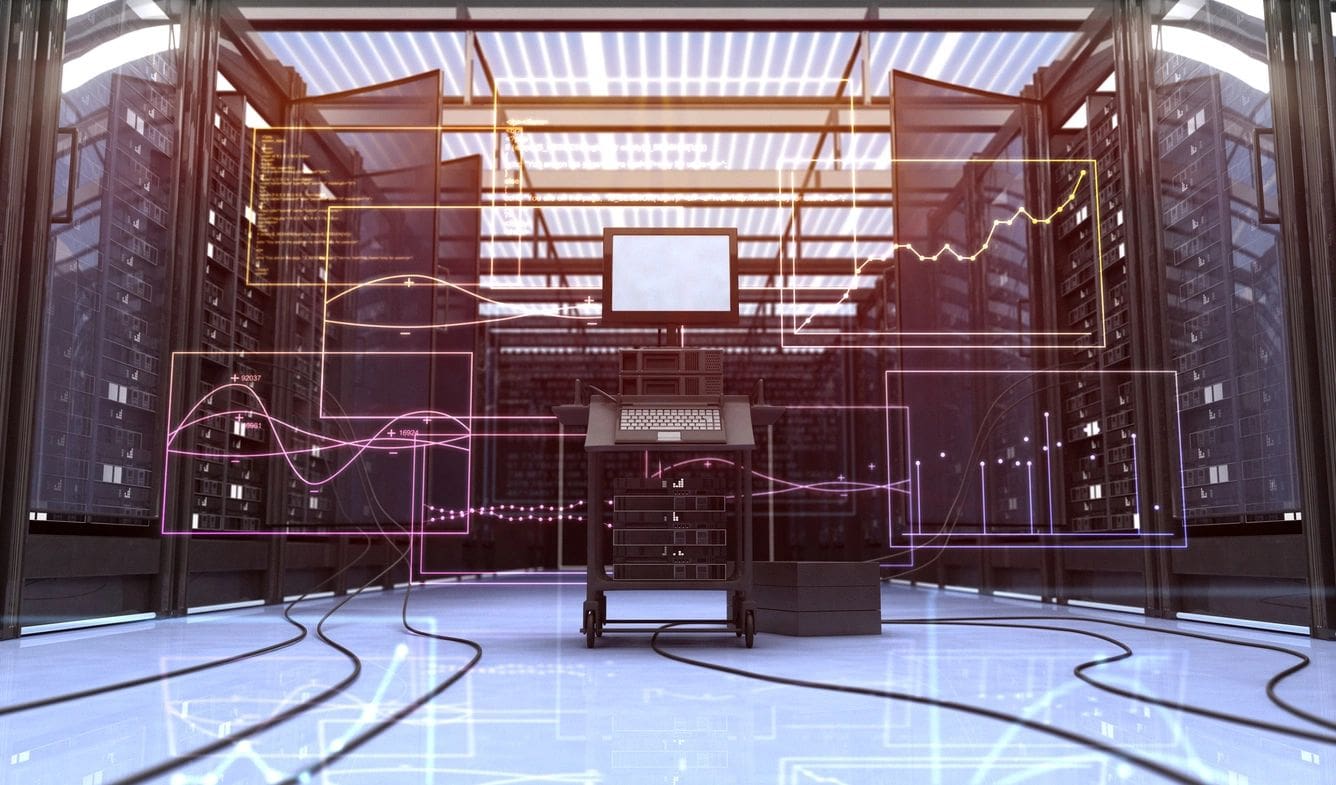
How NLP and ChatGPT Will Impact Contract Law
Large Language Model (LLMs) platforms such as Open AI’s ChatGPT, Google’s Bard, Salesforce’s Sales GPT & Service GPT, along with many other tech companies, large and small, are scrambling to offer the latest generative AI solutions to all. ChatGPT has become the fastest web platform to reach 100 million users, a clear indication that generative AI is not going away. Recent platform applications and innovations within the legal profession, especially as they apply to contract law, have many believing the disruption has begun. However, the shared belief at this infant stage in its development is to exercise caution as there are still noticeable imperfections that could have a serious impact on the outcomes of contracts.
One of the most extraordinary applications is ChatGPT’s abilities to scour databases for relevant information as it applies to a specific contract or case. Terms such as auto-renewal, termination rights, indemnification, and jurisdiction, to name a few. Rather than have junior lawyers spend hours on end looking for this information in different areas of the firm’s database, ChatGPT can assemble it in a matter of minutes. ChatGPT can draft contracts quickly and with a high degree of accuracy eliminating human error in the assembly of simple contracts. This automation will save countless hours along with corresponding fees and allow the profession to focus on more complex issues. It may have broader accessibility applications for the general public if the cost of entry is reduced.
But the early days of success are not without the common observation that there are still many flaws within the platform and overall necessity for senior counsel involvement. For instance, one of the most common occurrences is what is called hallucinations. These happen when ChatGPT imagines information to be true when it in fact does not even exist. Many firms are now invoking watermark policies on their documents so that all involved are aware of the source and necessity for human review.
There are several other limitations due to the infancy of the platform as noted by Tammy Zhu, VP of Legal at Sourcegraph, Inc. She indicated that after experimenting with the platform it would be difficult to use for contract review because it is unclear what types of answers the platform is capable of answering. Zhu stated, “I didn’t find any patterns to the types of questions that ChatGPT reliably answered correctly or incorrectly. ChatGPT is unpredictable.”(Bloomberg Law, April 19, 2023, Tammy Zhu, ChatGPT Can’t Analyze Your Contract Yet, But There’s Potential)
Another area of concern is database control and management. Who oversees data quality and prompt engineering, a process that pre-determines queries and the corresponding responses available in a database to understand user intent and approved response? What are the biases that may present themselves in this process and how might they appear in the drafting of contracts?
There are many ethical considerations such as fairness and moral aspects that are involved in the construct and negotiation of a contract. ChatGPT does not yet have the capacity to generate these consideration and evaluations effectively.
Contract drafting requires negotiations and communications between the parties involved. Finding common ground is a process of drafts and discussions to reach mutual agreements. ChatGPT does not currently have this capacity. Furthermore, there are countless adjustments required during the process which required specific nuanced adjustments that are currently absent in ChatGPT’s current form.
There is no doubt that Chat GPT has changed contract law for evermore. The efficiencies created are immense and there will undoubtedly be further refinements as the model matures and other adjoining tools/platforms present themselves. But the fact remains that human oversight is still required to fully protect and ensure the nuances and uncovered aspects of contract law are maintained.
